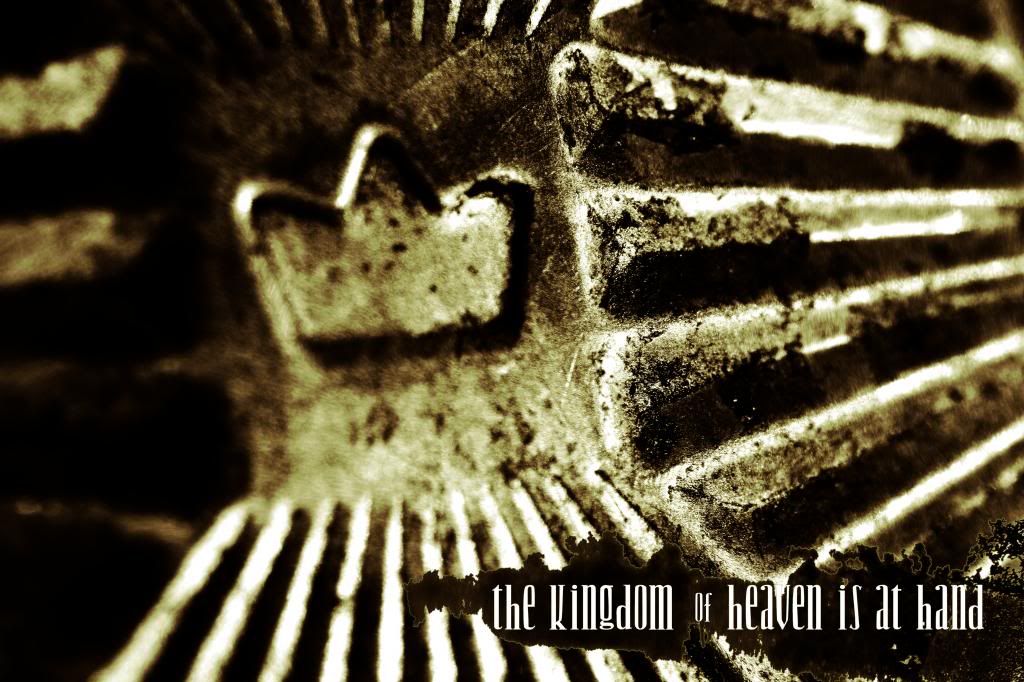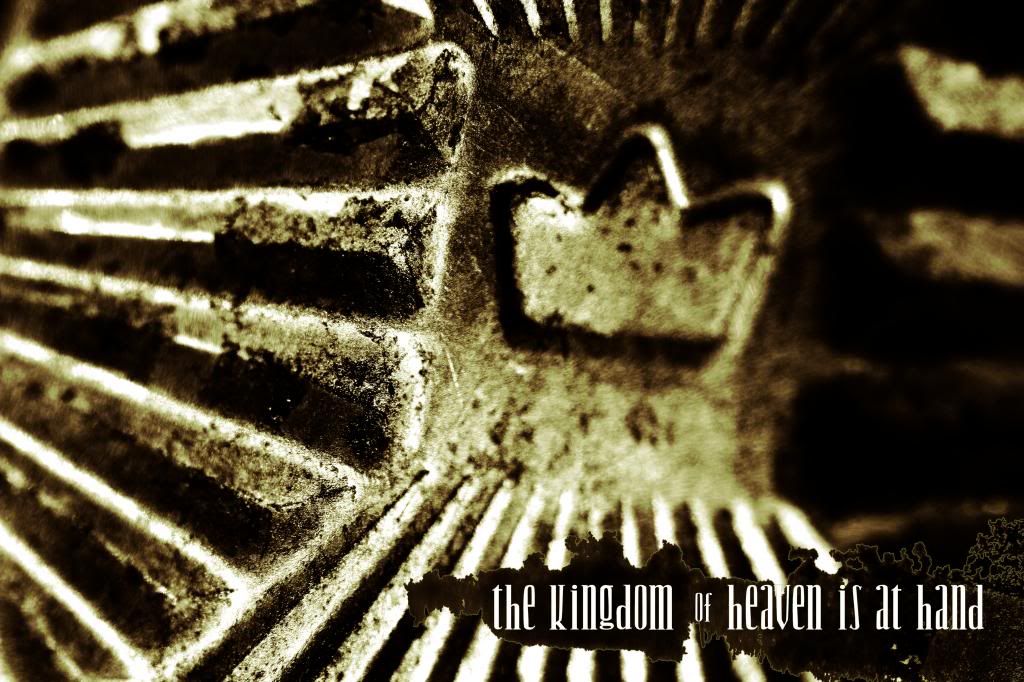I like Psalm 82. I like its ambiguity – or its layers of
meaning, if you prefer.
It’s a difficult psalm to place contextually – we don’t know when it was
written. Though included in the psalms
of Asaph, which seem to mostly fit during the Babylonian Exile, some have
suggested that Psalm 82 is much, much older, that it may even predate the
monarchic period of Israel’s history. (Dahood, 269)
[i]
It begins in heaven or the heavens or the cosmic celestial space where the gods
and the sons of the gods have assembled to be judged. The word is
elohim –literally “the gods” but some translations fudge this a bit
and change it to leaders or rulers. And
this is a forgivable fudge (there are instances where
elohim is used to refer to human judges. See Exodus 21:6 for instance) but it’s a
fudge nonetheless. It’s an attempt to
sidestep the issue of other gods.
We’ve been taught that
the Israelites were Monotheists – that they only believed in one God. And this is only partly true. By the time we get to the New Testament they
are what we would think of as Monotheists, believing that there is only one
God, and that other so-called gods are not-gods, are evil spirits masquerading as
gods. But in the Old Testament / Hebrew
Bible, especially the older parts, there is the idea there are, in fact, a
great many gods, but that they will only worship the one g(G)od, Yahweh. This is, to use one of them fancy college
type words, Henotheism. The commandment
“You shall have no other gods before me” makes little sense, phrased that way,
if we’re starting from Monotheism. But
if there are other (lesser, inferior) gods then it works.
And here in Psalm 82 we
have all those little g gods gathered together for a divine assembly. I particularly like the way Mitchell Dahood
(in the Anchor Bible series) translates the first verse:
God presides in the divine council
in the midst of the gods adjudicates.
(Dahood, 268)
I like the formal verbs
there. They are assembled for
judgment. And the charge is that they’ve
not been defending the poor and the weak, that they have been siding with the
rich and powerful and wicked.
God delivers the
accusation and then there is silence. (That is assuming for the moment that Selah means something like “stop and
listen” or “pause and think on that.” We
don’t know what the word means. We’re
all just guessing. But “silence” makes a
certain sort of sense here. It heightens
the tension as we wait for someone to respond…)
No one speaks. No one can answer.
After the awkward silence God reiterates the charge, in challenging them to do what
is right.
Give justice to the
weak and the fatherless;
maintain the right of the afflicted and the destitute.
Rescue the week and the needy;
deliver them from the hand of the wicked.
(Psalm 82: 3 – 4 NRSV)
As an aside here: those who insist that the
bible teaches individual responsibility to take care of the poor and nothing
about the responsibility of government,
must – MUST! – interpret this psalm to be about the “gods” and not human
judges, at least if they’re going to be consistent…
Verse 5 seems to be out
of place. Awkward and unclear. It’s hard
to make sense of it.
They have neither
knowledge nor understanding,
they walk about in darkness;
all the foundations of the earth are shaken.
(Psalm 82: 5 NRSV)
The problem with this verse is that the pronoun “they” is unattached. Does it refer to the gods/judges? If so, it makes a sort of sense, but can they
really be condemned as wicked and negligent if they are ignorant and without
understanding? Or are “they” the poor
and the week and oppressed? If so what
does it mean that the foundations of the earth are shaken?
In verse 6 the psalmist (whoever he may have been) gives his voice.
I had thought, “You are
gods
all of you sons of the Most High,
yet you shall die as men do
and fall like any prince.”
(Psalm 82: 6 – 7 – Dahood, 268)
He had at one point
thought these gods/judges were something to be feared, entities to be respected
because of their power and position (whether gods or human judges). But no longer. They are not gods. They are nothing because they are unable (or
unwilling) to help the poor. They’re
ejected from the divine realm, no longer immortal, they’ll die like any man and
fall into the grave like any prince.
But as they fall from glory, the psalmist calls for God to rise up in their
place. I like the movement there. The no-gods fall as God rises to assume
direct rule over the all the nations. No
more middle management.
Even though this psalm may be far older the other psalms of Asaph (among which
it is counted) it makes a certain sort of sense in this collection. The psalms of Asaph seem to have been
composed during the time of the exile – as the Jewish people were contemplating
their national tragedy, the destruction of the Temple, the destruction of the
people. There are numerous indications
in these psalms of Asaph that God doesn’t seem to be listening, or if he is
listening he’s not responding.
The Babylonians would
have been trumpeting the triumph of their gods over the god of the Jews. ‘Look!
We’ve carried off your temple treasures and sacked your house of worship. Your god is weak. Your god is dead.’ But
psalm 82 (which may have been a much older psalm) is included in this
collection and calls on God to rise up and judge these so-called gods, these
not-gods, so that he can take their place, that he can rule directly over the
nations of the earth, and bring justice
to the world. That he will rise
up and protect the week and the powerless.
-Jesus makes reference to this Psalm in John 10: 34 - 36. He seems to take the interpretation that these elohim are human judges... but we can talk about that another time.
[i] Dahood,
Mitchel,
Psalms II: 51 – 100 – Introduction, Translation and Notes,
Doubleday & Company, Inc, Garden City, New York, 1968.




















































